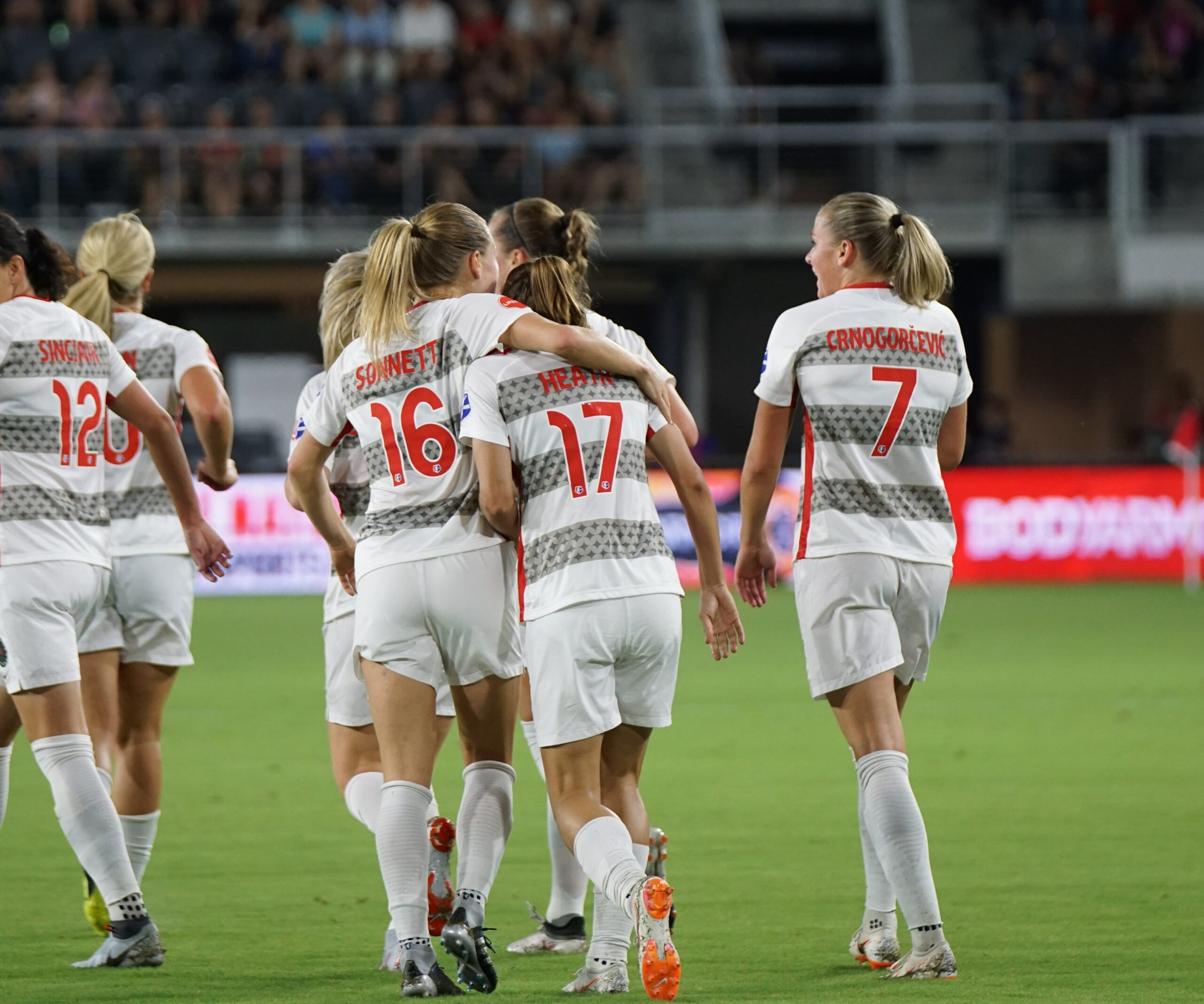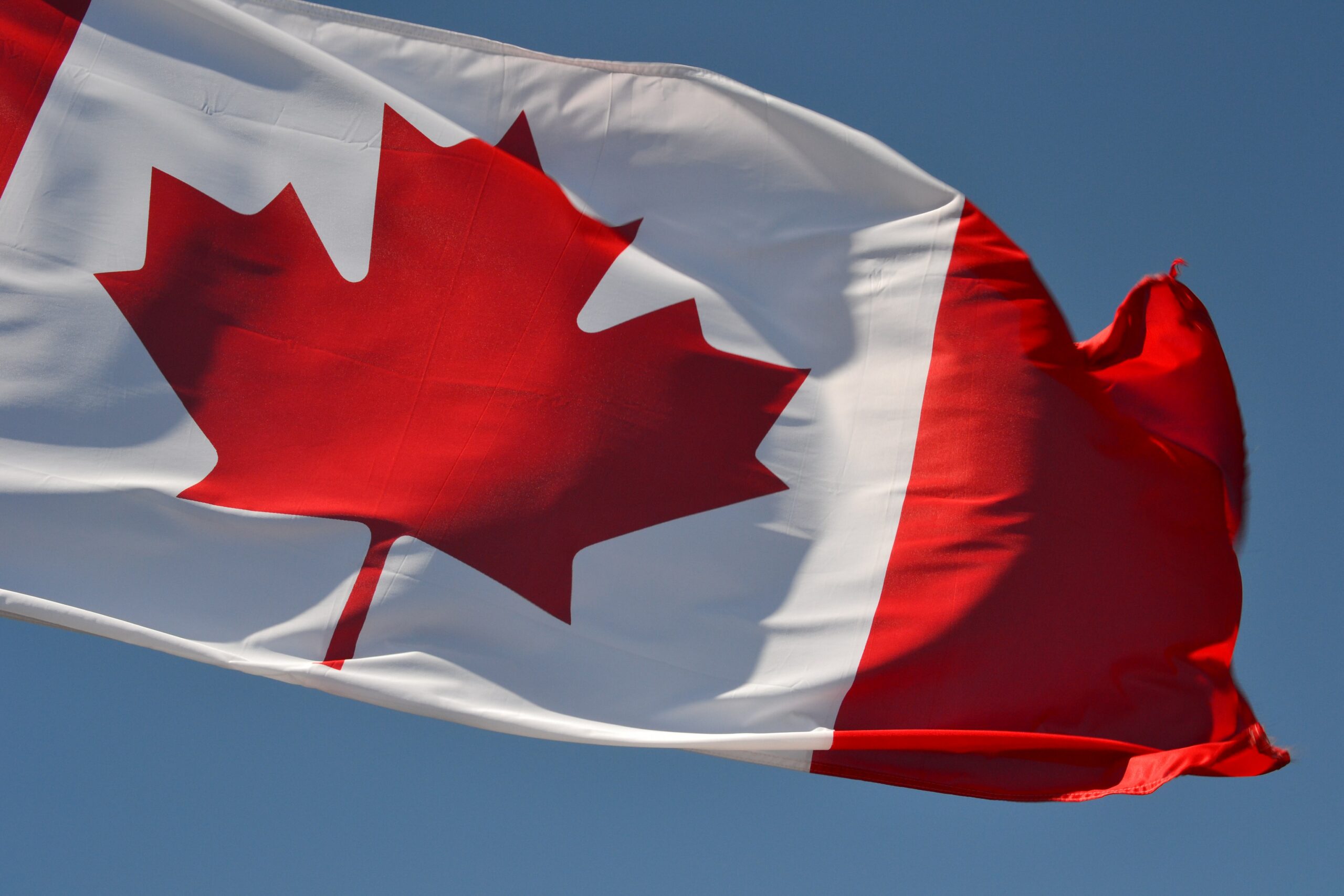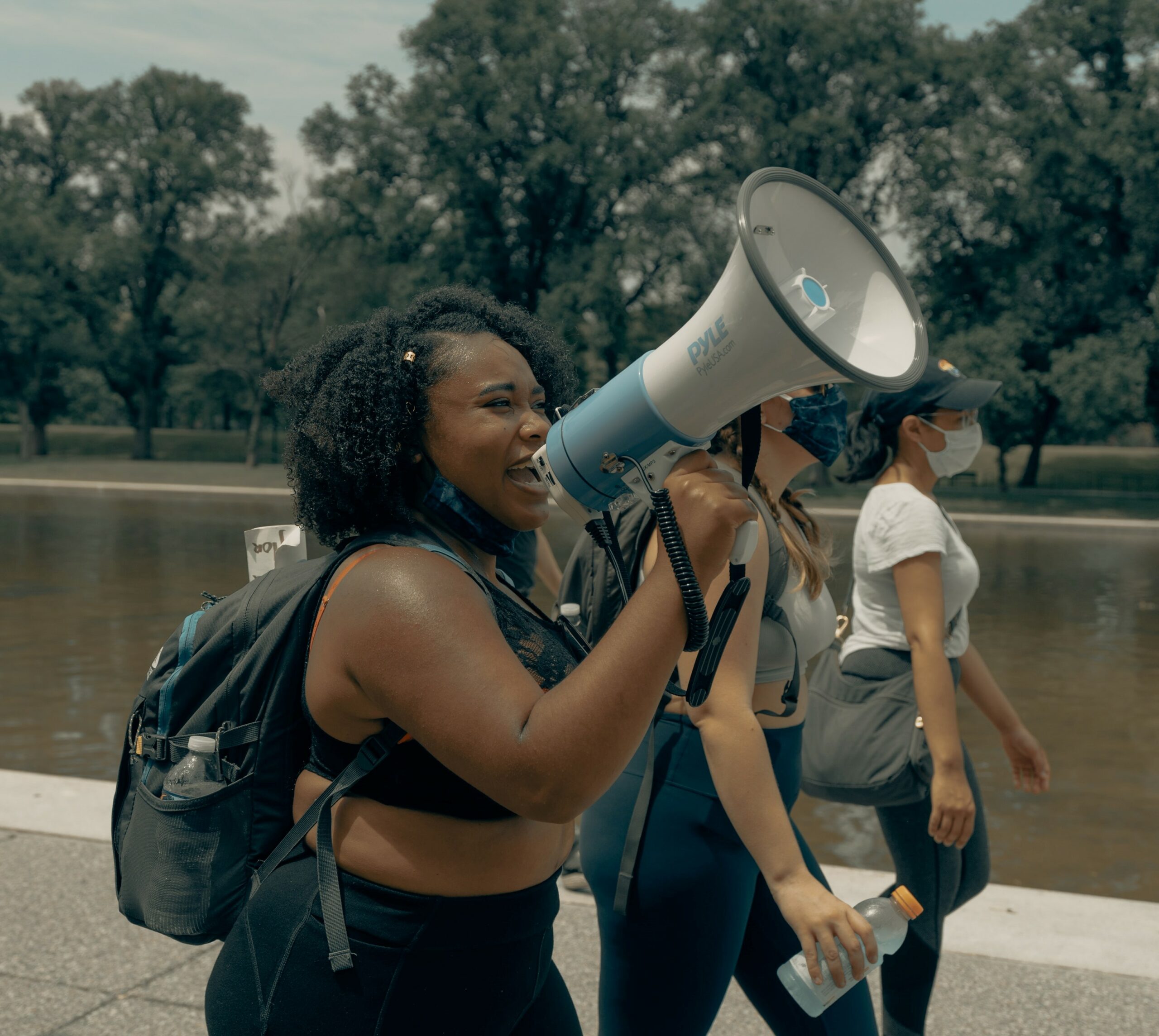
The 2020 Tokyo Olympic Games saw women, in all their diversity, shatter records, make history, and bring home the first 13 medals earned by Team Canada.
Here’s a rundown of three moments that moved the needle forward for gender equality:
1) First time participation and medalling by openly transgender and non-binary athletes
Canada’s gold-medal winning soccer player, Quinn, became the first openly transgender and non-binary athlete to claim a medal at the Olympics. Non-binary athlete Alana Smith of Team USA also made history by participating in the first-ever Olympic skateboarding competition.
Laurel Hubbard, a weightlifter from New Zealand, and Team USA’s Chelsea Wolfe, an alternate for BMX Freestyle, were the first trans women to represent their countries at the Olympic Games.
2) Near equal gender participation
Bringing together over 11,000 athletes across 339 medal events, the Tokyo 2020 Olympic Games featured the highest rate of participation by women in modern Olympic history with women making up nearly 49 percent of athletes.
The growing inclusion of women was supported by the introduction of new sports such as softball, sport climbing and surfing as well as more mixed-gender events such as the 4×100-meter medley relay and a triathlon relay.
3) Primetime TV coverage
Representation matters. Visibility of women’s events during the Olympics was supported by an increase in the number of women’s events in prime-time slots and a balance in the medal events for women and men on the weekends. This saw the women’s athletics 100m final be the night’s pinnacle event and the women’s marathon be one of the final events of the games.
How women’s sports are represented in the media influences how society views women. Through its reach and power, the media can change perspectives about gender equality by challenging gender norms, providing positive role models, and including healthy body images for young women and girls in their coverage.
The Equal Futures Network acknowledges that Indigenous people are the traditional guardians of Turtle Island, on the land also known as Canada






